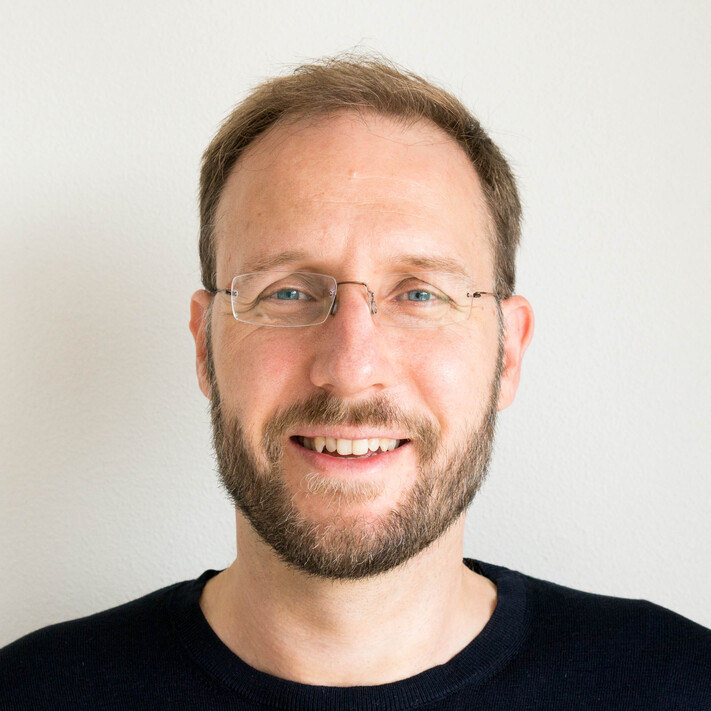9 November 2021
Jan-Willem van de Meent
#### Compositional Inference in Probabilistic Programs  Speaker: **Jan-Willem van de Meent**, Associate Professor (UHD), AMLab, University of Amsterdam **Abstract:**
Speaker: **Jan-Willem van de Meent**, Associate Professor (UHD), AMLab, University of Amsterdam **Abstract:**
Deep probabilistic programming systems combine the principles of deep learning with the principles of probabilistic modeling. The user programmatically specifies a deep generative model (a neural mapping from latent variables to data), along with a corresponding inference model (a neural mapping from data to latent variables), which together can be trained using stochastic gradient descent with little or no supervision. In this talk, I will discuss recent innovations in training deep probabilistic programs by combining techniques from variational inference and importance sampling. For many years, deep generative models were typically trained by maximizing a reparameterized lower bound, as is done in variational autoencoders. However, this approach can fail to converge to a meaningful representation in more structured problems, such as tasks the involve reasoning about shared features for a small batch of inputs. I will discuss how we can overcome these difficulties, using variational methods that learn proposals for importance samplers, as well as a programming abstractions for high-level specification of such methods in probabilistic programming systems. Watch Back › [1]: https://bereau.group/ [2]: /blog/ [9]: /contact/ [3]:https://github.com/undark-lab/swyft [4]:https://arxiv.org/abs/2011.13951 [5]:http://www.mathben.com/ [6]:https://pubs.acs.org/doi/10.1021/acs.jctc.0c00981 [7]:https://github.com/Ensing-Laboratory/FABULOUS
 Speaker: **Jan-Willem van de Meent**, Associate Professor (UHD), AMLab, University of Amsterdam **Abstract:**
Speaker: **Jan-Willem van de Meent**, Associate Professor (UHD), AMLab, University of Amsterdam **Abstract:** Deep probabilistic programming systems combine the principles of deep learning with the principles of probabilistic modeling. The user programmatically specifies a deep generative model (a neural mapping from latent variables to data), along with a corresponding inference model (a neural mapping from data to latent variables), which together can be trained using stochastic gradient descent with little or no supervision. In this talk, I will discuss recent innovations in training deep probabilistic programs by combining techniques from variational inference and importance sampling. For many years, deep generative models were typically trained by maximizing a reparameterized lower bound, as is done in variational autoencoders. However, this approach can fail to converge to a meaningful representation in more structured problems, such as tasks the involve reasoning about shared features for a small batch of inputs. I will discuss how we can overcome these difficulties, using variational methods that learn proposals for importance samplers, as well as a programming abstractions for high-level specification of such methods in probabilistic programming systems. Watch Back › [1]: https://bereau.group/ [2]: /blog/ [9]: /contact/ [3]:https://github.com/undark-lab/swyft [4]:https://arxiv.org/abs/2011.13951 [5]:http://www.mathben.com/ [6]:https://pubs.acs.org/doi/10.1021/acs.jctc.0c00981 [7]:https://github.com/Ensing-Laboratory/FABULOUS
COLLOQUIUM
colloquium